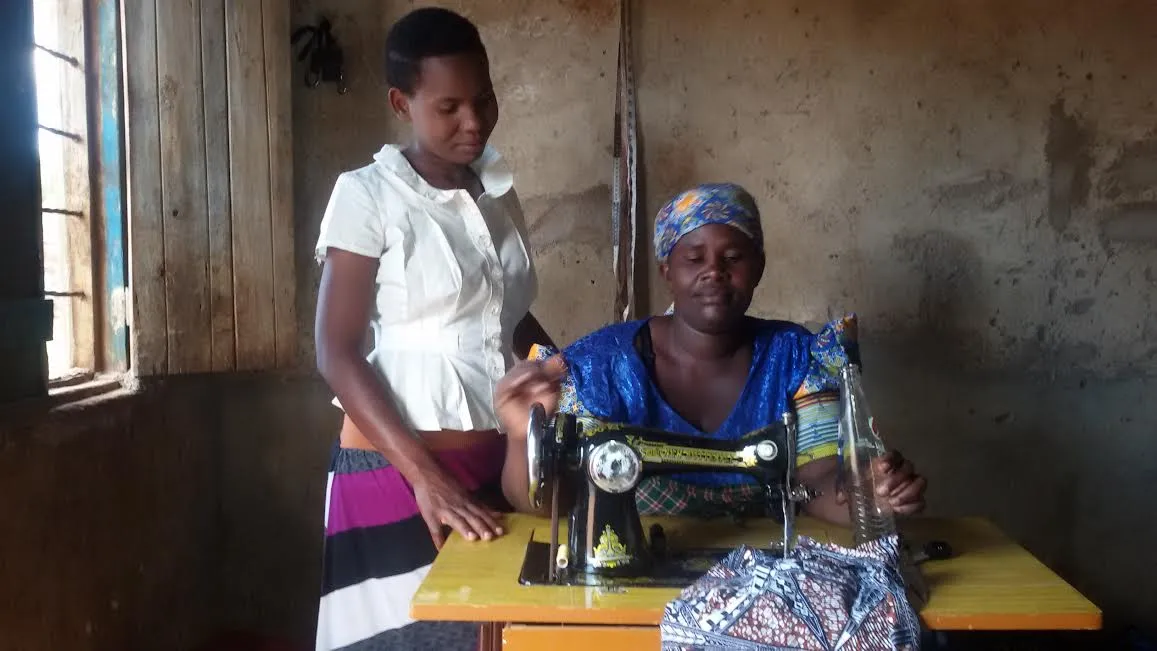Children represent one of the most vulnerable groups in society, and in Tanzania, they face numerous issues related to inequality, including gender-based violence. Alarming statistics reveal that 75% of children have experienced physical abuse from a relative before turning 18, and over 50% of females between the ages of 13 and 17 have been physically abused in 2022 alone.
Programs and interventions implemented by civil society organizations make impactful strides toward empowering children who are marginalized and at risk of gender-based violence. Over the years the children in these programs have taken huge leaps. Now that they have a better grasp of who they are and what they’re entitled to, they can more effectively express their displeasure at infringements on those rights.
This process took time but was the only path toward these children finding their voice. They are now confident in themselves because they know who they are. They have a new courage that allows them to speak up for themselves.
Some of the programs implemented in the schools in order to raise GBV and rights awareness of the children have been so successful that the Department of Education has utilized some of the programs and tools at a larger scale. One such program is the Student Clubs program implemented by the Centre for Women and Children Development (CWCD) with support from FCS. In this program, CWCD staff helped students in three districts set up clubs and educated them on their rights and responsibilities, in addition to raising their awareness of unsafe practices that they might encounter in their community and how to go about getting help. The children in the club would then share their knowledge with other children in the school via assembly. They gained the confidence to speak up and claim their rights at school and especially at home as a result of the knowledge they gained from the club. This program was so successful that the Department of Education in the district sent out official instructions requiring each school to have such student clubs.
Through the work of FCS, children now are an active part of their own story because they speak up against any practices that go against their rights. They are empowered and courageous. They sing songs, create art, and share their stories with other children and with the decision-makers in their lives. Their voices are heard. One great example is birth certificates. Previously it was very difficult to get a child’s birth certificate. However, as children were educated that having a birth certificate is their right, they started singing about this right and need to have a birth certificate. Their message was heard by the Department of Health in their area. The department increased the number of stations across the district where women can get birth certificates for their children. While there is still a long way to go to cover all the gaps in women’s and children’s voice and agency and the effectiveness of concrete policy and programmatic interventions that address these underlying holes, there is a glimmer of hope in the work done by civil society.
Civil society organizations must continue to work toward addressing the underlying causes of gender-based violence and other forms of discrimination and marginalization that affect women and children. Through their research, advocacy, and support for community-based interventions, CSOs should continue to promote gender equality and challenge the social norms and attitudes that support violence and discrimination. By addressing the underlying causes of gender-based violence and other forms of discrimination, CSOs can help create safer and more inclusive communities for women and children.

























